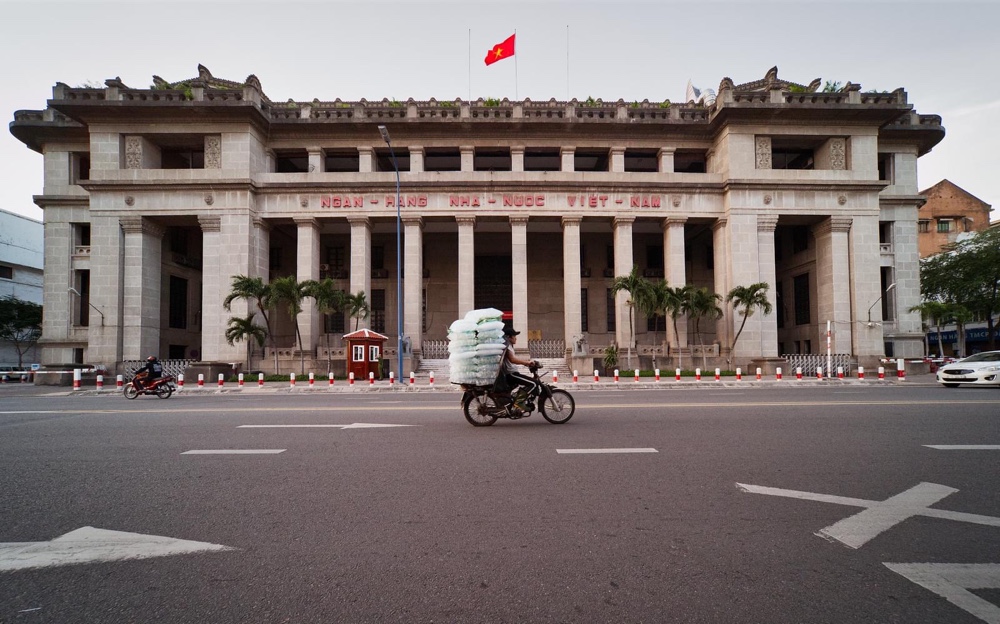
Currently, the global economy is facing difficulties due to high inflation and financial instability risks. To tighten monetary policy, central banks are being more cautious. However, economic activity is still growing in the US, Europe, Japan, and China. Some banks have closed or faced difficulties in the US and Europe since March 10, increasing the prospects of a global economic recession.
Major central banks have begun to signal a slowdown in interest rate hikes, with the Fed only increasing interest rates by an additional 0.25% on March 22 and predicting an additional 0.1% increase in May. International organizations have changed their forecasts for global economic growth in 2023, with the IMF forecasting economic growth of 2.9% and the WB 1.7%, while global inflation in 2023 has been revised upwards from 6.5% to 6.6% (IMF) and from 4.1% to 4.3% (WB).
Vietnam’s economic growth in the first quarter of 2023 is the lowest compared to the same period since 2011 (except for the first quarter of 2020, which was affected by the COVID-19 pandemic). Due to the global decrease in demand and weak domestic demand, Q1/2023 GDP only increased by 3.32%, higher than the growth rate of 3.21% in Q1/2020 in the period from 2011-2023. Some organizations predict that GDP growth in 2023 will be between 5.8-6.8%.
Inflation has slowed down in the first three months of the year, with CPI inflation compared to the same period last year decreasing from 4.89% in January to 3.35% in March, with an average of 4.18% for the first quarter; core inflation decreased from 5.21% to 4.88%, on average.
To support economic recovery, from April 1, 2023, the State Bank of Vietnam adjusted interest rates downwards. Specifically, the preferential lending rate for priority sectors such as agricultural production, animal husbandry, aquaculture, production and processing of food, pharmaceuticals, medical equipment, machinery manufacturing, electrical and electronic equipment, software, and high technology will decrease from 4.0% per year to 3.5% per year.
The preferential lending rate for other priority sectors and fields will decrease from 5.5% per year to 5.0% per year. Deposit interest rates for credit institutions and individuals will also be adjusted downward accordingly. This will help strengthen production and consumption, promote investment, and develop the local economy.
However, the State Bank of Vietnam also warns of risks in the economy such as financial market volatility, delays in implementing fiscal policies, and the continued complex development of the COVID-19 pandemic.
Related
Source: Vietnam Insider
